Search
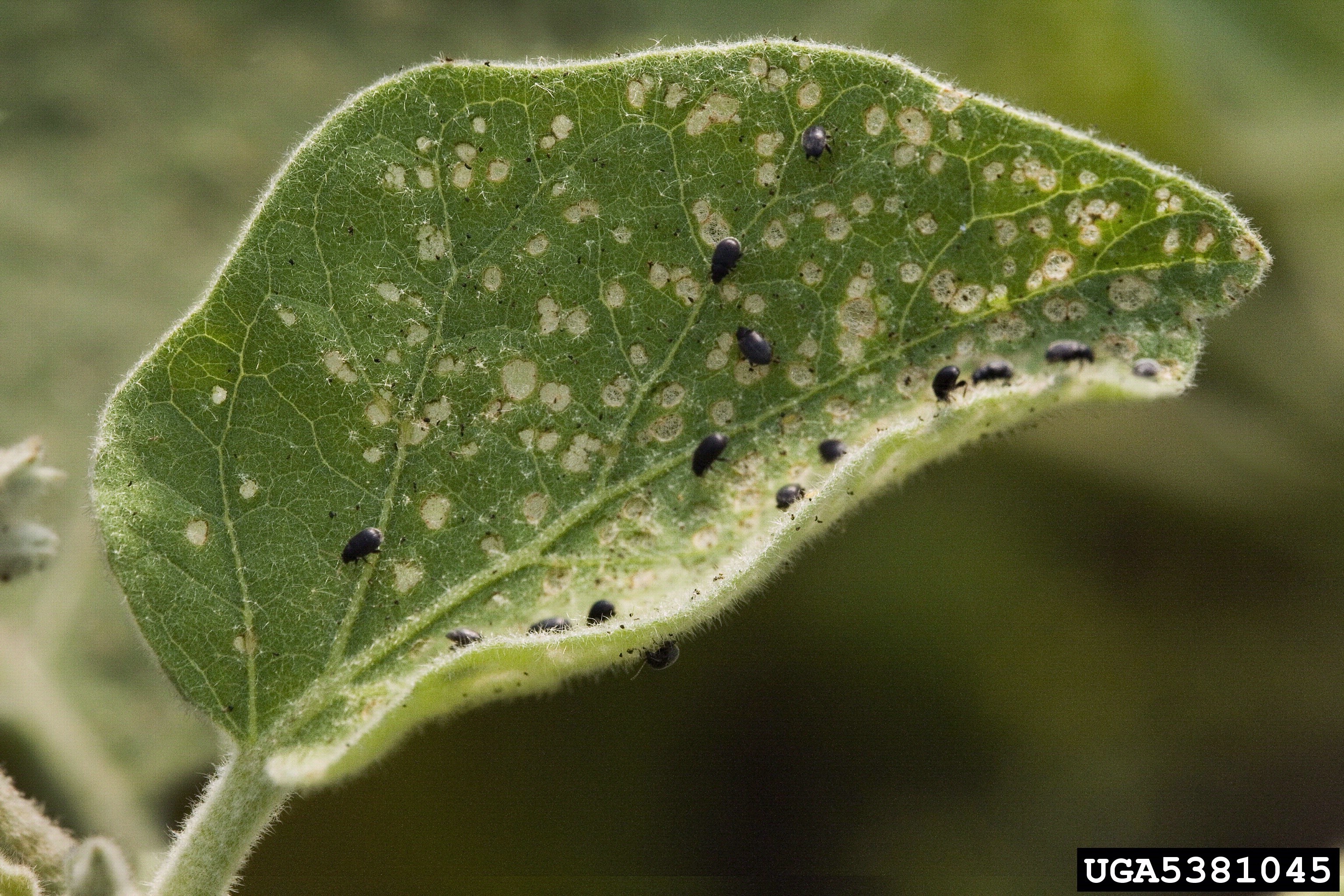
Dealing With Flea Beetles
Flea beetles are a common pest in South Dakota vegetable gardens.
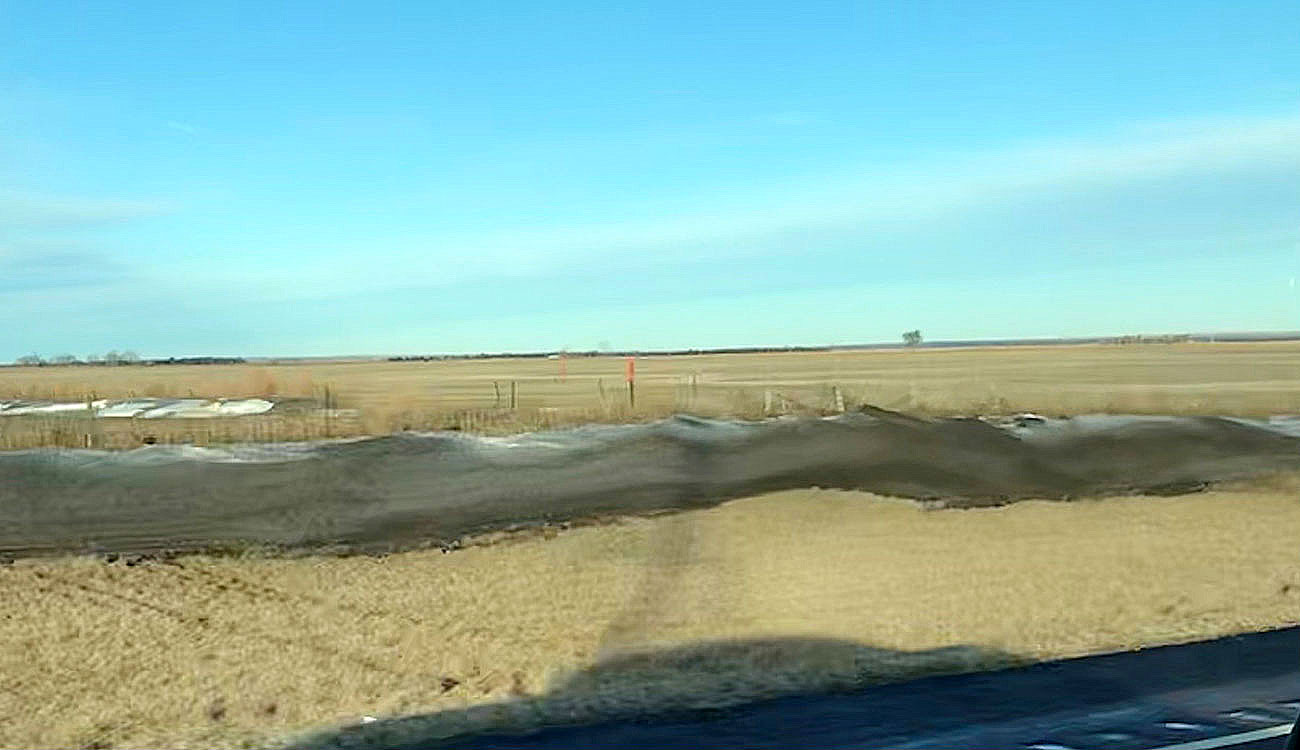
“Snirt” and How To Minimize It
Blowing soils, dust storms and “snirt” (snow with dirt on it) are frequent challenges during dry, windy winters. Learn some soil health principles to limit erosion and minimize snirt on field edges this planting season.
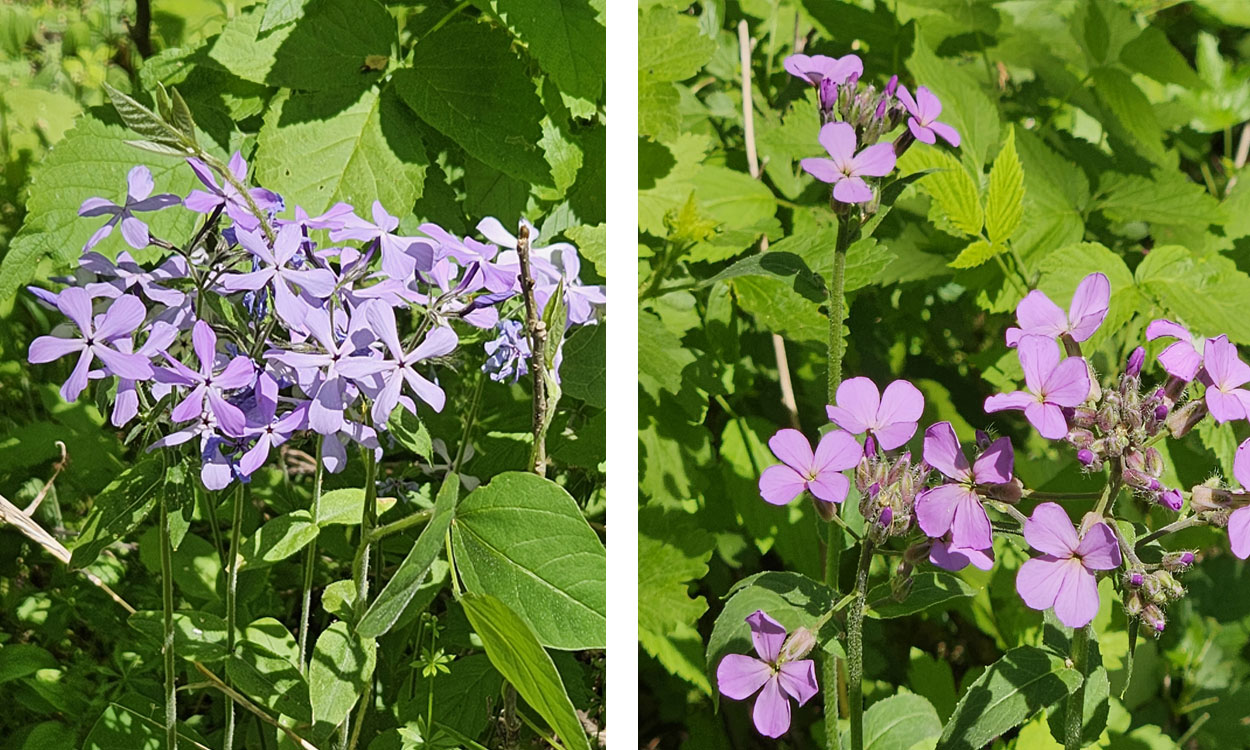
Plant Look-Alikes: What’s the Difference Between Phlox and Dame’s Rocket?
Distinguishing between native phlox flowers and the invasive dame's rocket can be challenging due to their similar appearances. Learn some key characteristics that can help you tell dame's rocket apart before it invades your property.
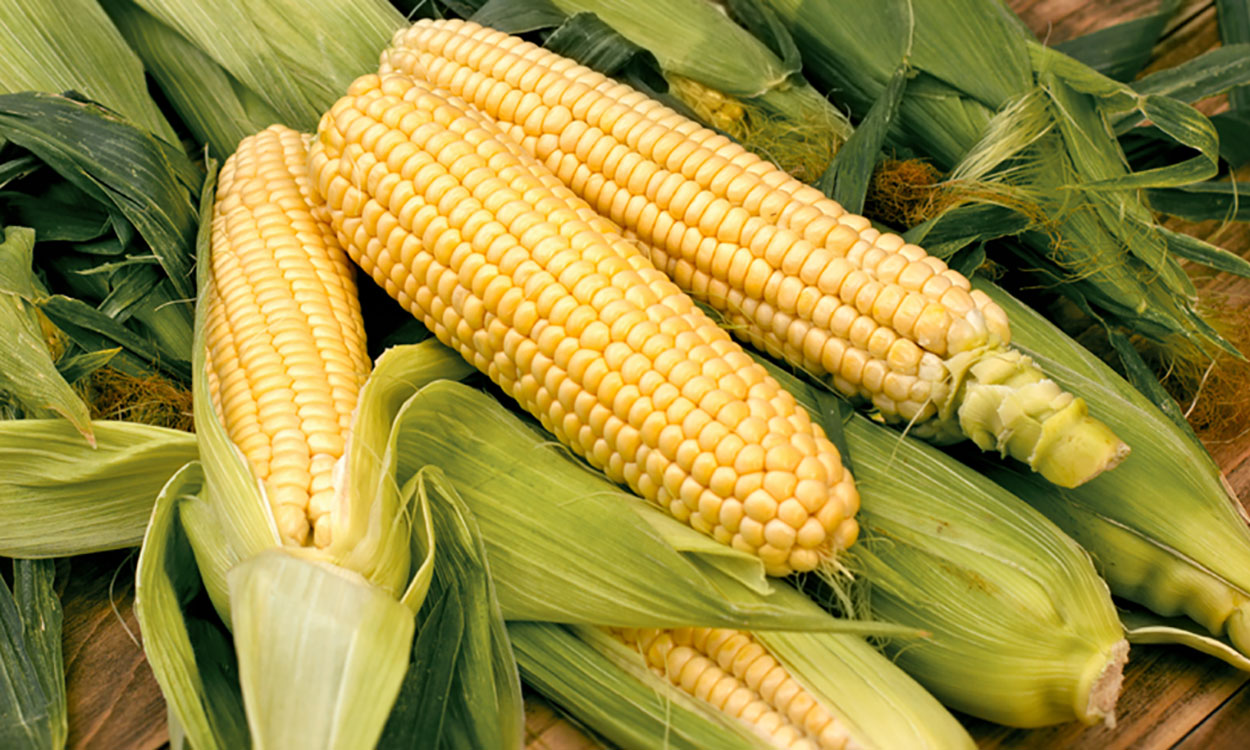
Weed Control in Sweet Corn
When growing sweet corn on a large scale, weed control can be challenging, and certain steps need to be taken before choosing an herbicide.
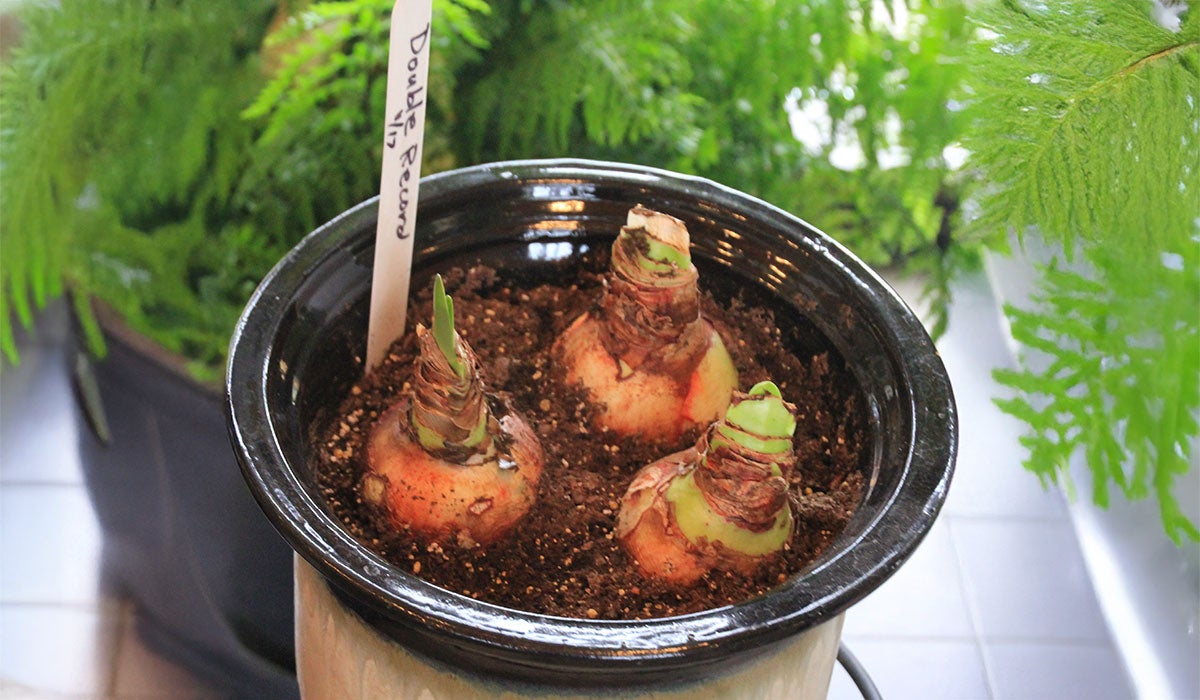
Forcing Tender Bulbs Indoors
Winter and early spring months can benefit from a pop of color brought on by forcing bulbs to bloom indoors. Learn about a variety of bulbs to consider for both beginning and experienced plant lovers.
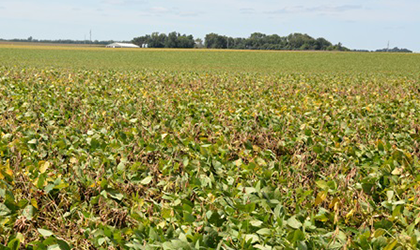
White Mold (Sclerotinia Stem Rot) of Soybean
Fact sheet of the symptoms and signs for while mold in soybean.
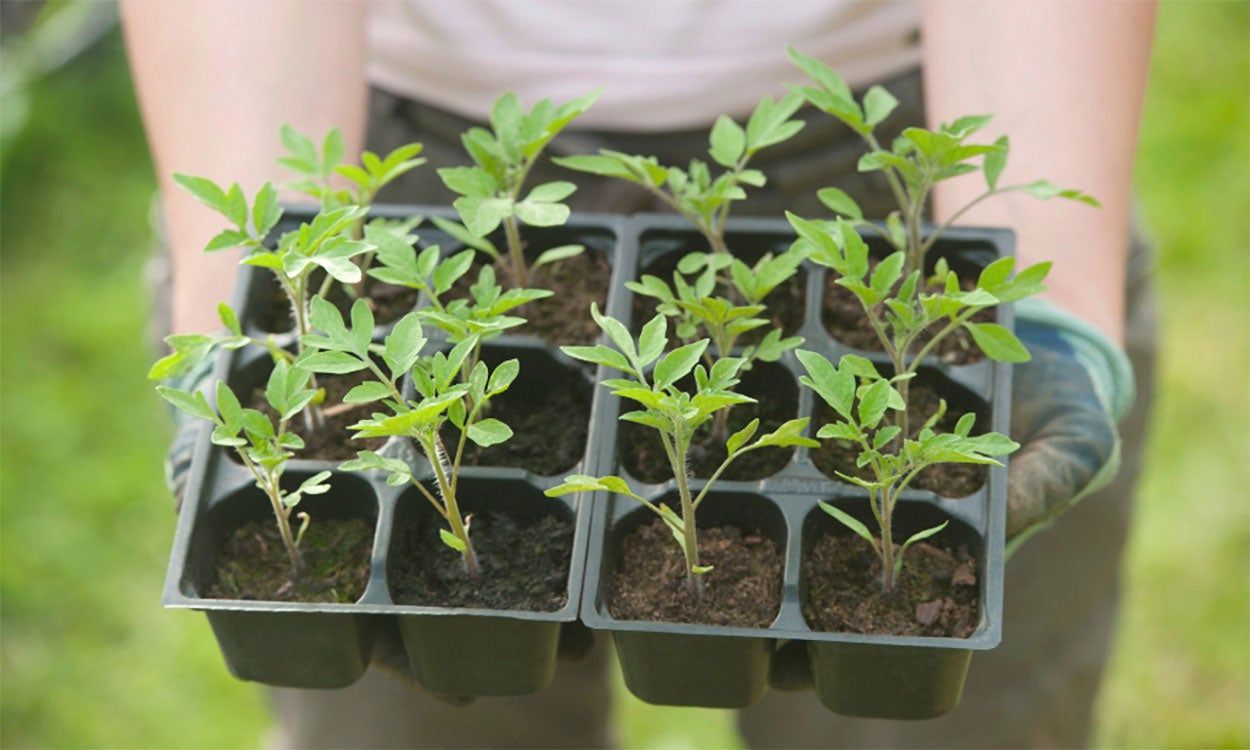
When Should I Plant My Warm-Season Vegetables?
Knowing when to plant warm-season vegetables can be a challenge in South Dakota when there are dramatic temperature swings each spring. Learn some expert tips for getting started!
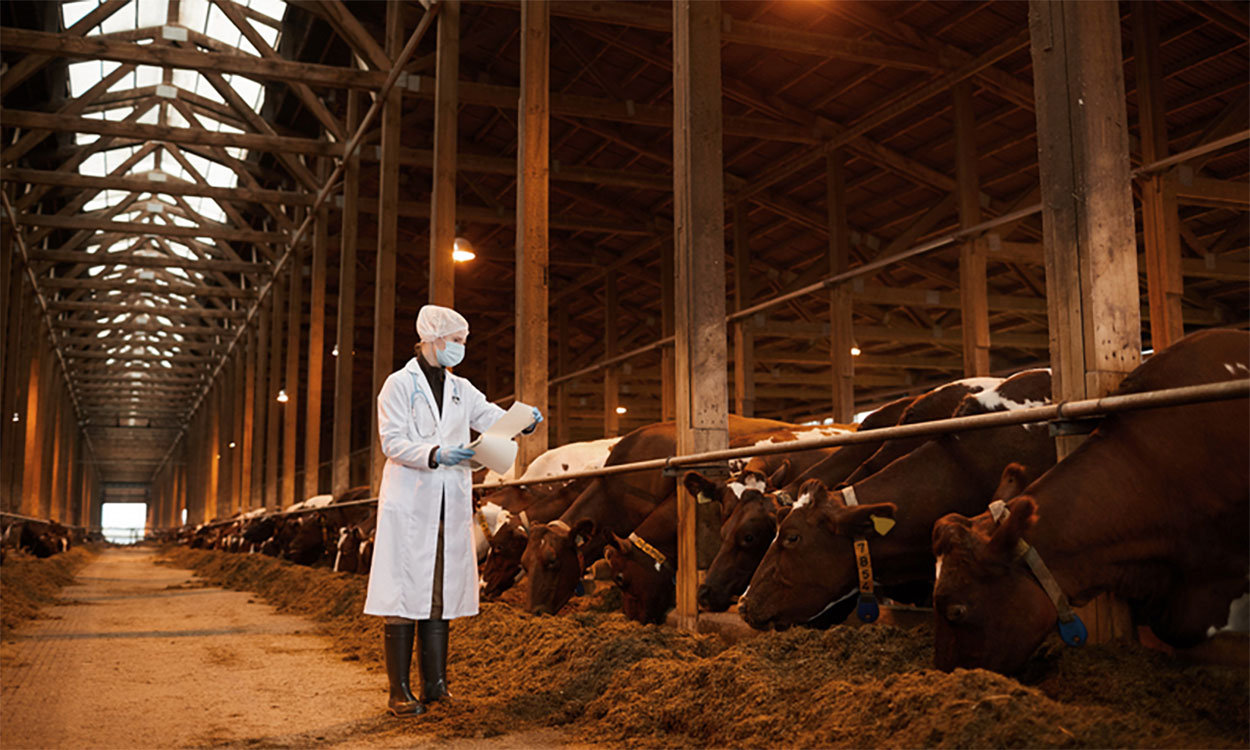
Avian Influenza Viruses in Dairy Cows: What is the role of biosecurity?
The recent finding of an avian influenza virus in dairy cows suffering from a previously unknown disease syndrome has brought attention to disease control and detection methods on dairy operations.
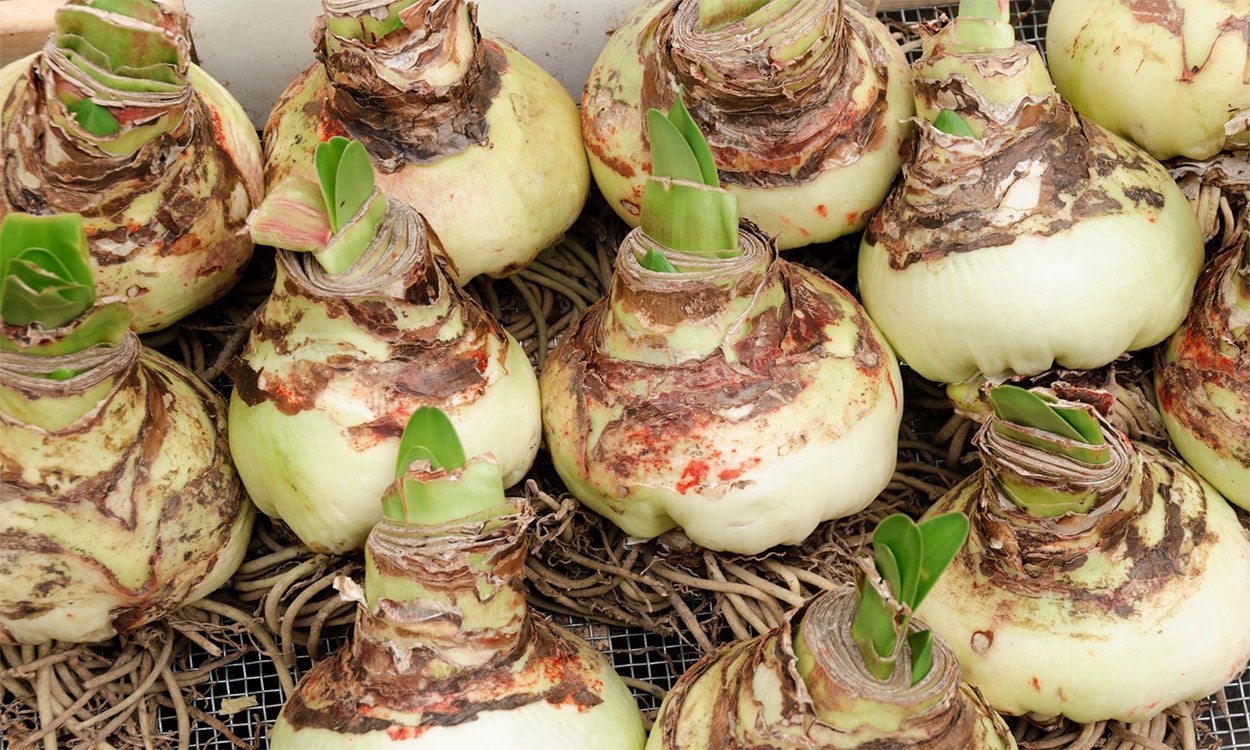
Caring for Amaryllis From Bulb to Bloom
Amaryllis are beautiful, flowering bulbs that are easy to grow and can brighten up your home during the dark days of winter. This article offers some tips for purchasing and caring for them.
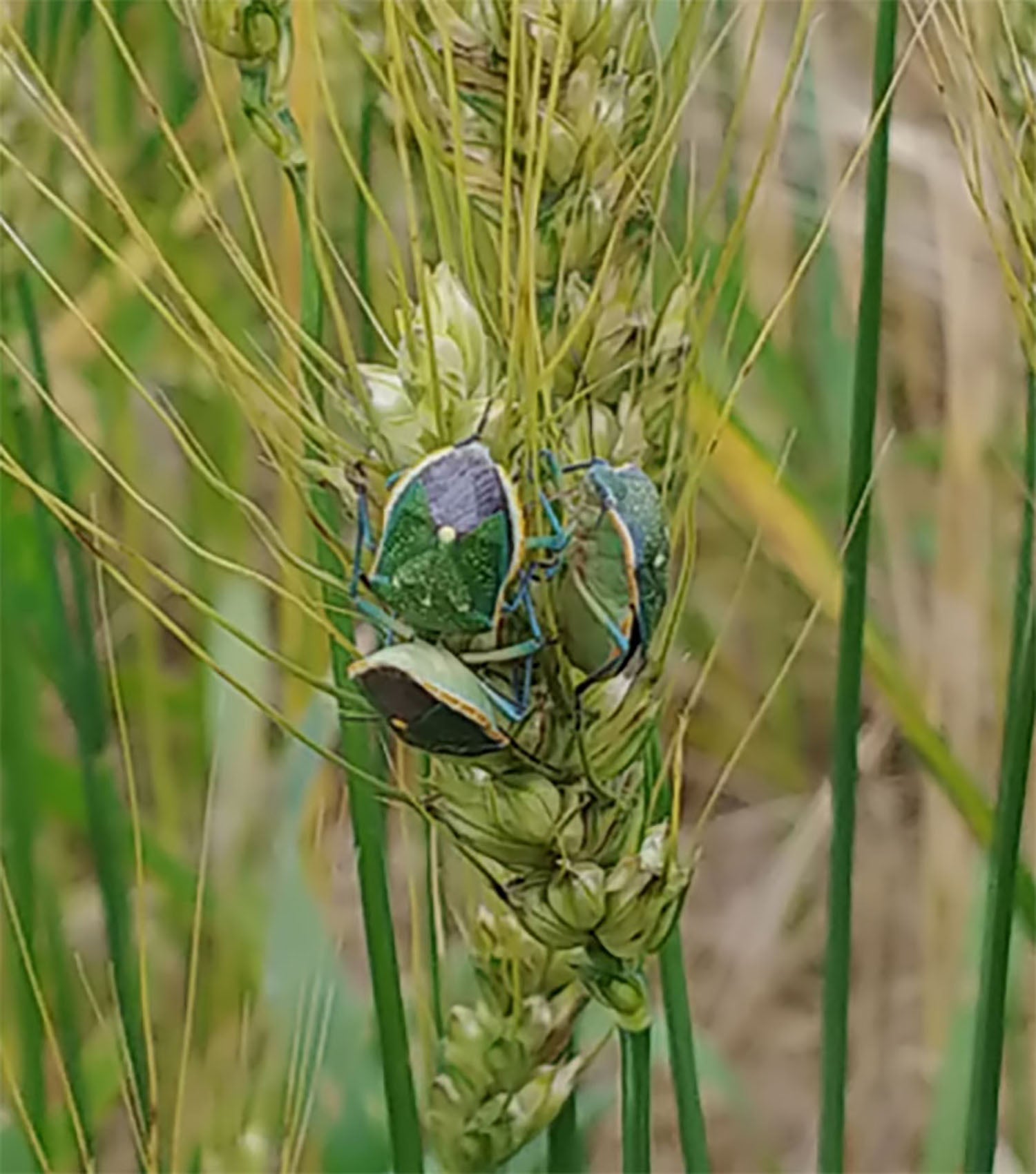
Say’s Stinkbug Present in Western S.D. Wheat: Do I Spray?
While looking at winter wheat at the new SDSU West River Research Farm near Sturgis, we came across some very large stinkbug populations in a few areas of the field. The stinkbugs we observed were the Say’s stinkbugs. Although stinkbugs have the potential to reduce wheat yields, this is attributed with feeding that occurs between the late boot and milk stage.